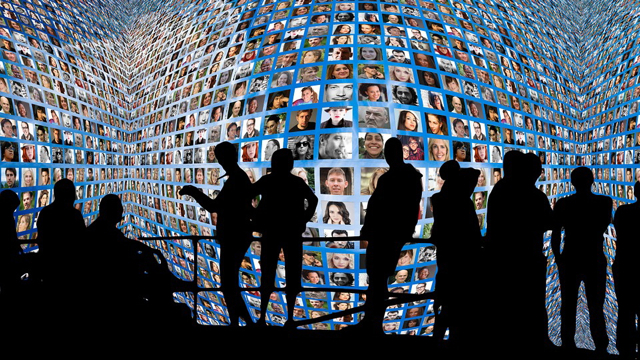Do Androids dream of making movies? That was the provocative question posed in a conversation at the Future of Cinema conference track at NAB. Universal Pictures head of creative technologies Annie Chang led a discussion with ETC@USC data scientist Yves Bergquist, who is also chief executive of the AI firm Novamente, and IBM Watson Media senior product manager David Kulczar. Bergquist began with the definition of AI: “the design of optimal behavior of agents in known or unknown computable environments.”
Kulczar described some of the projects that IBM has accomplished with Watson. IBM’s interest in AI storytelling, he said, is to “look at M&E and figure out the key challenges corporations face and how we might be able to solve them.”
Bergquist described the collaboration between the Entertainment Technology Center at USC and USC’s School of Cinematic Arts, with tools under development — such as image recognition — that will “help filmmakers make better decisions.” “It’s one site for all your research,” he said. “We’re exploring how narrative structures and emotions can stack up visually.”
Bergquist is creating a “knowledge engine for the media and entertainment industry,” that will analyze audience sentiment across dozens of emotional tonalities along with scripts.”
“We’re probing TV scripts and performance data to try to link together scene-level attributes of narrative and character attributes and how they resonate or not with audiences,” he explained. The goal is to “give studio people a better idea of the risk.”
“There’s an enormous amount of complexity in the stories we should be telling,” he said. “And a lot of these stories don’t get out because there’s a misunderstanding of what audiences want. You need to be able to better understand the risk.”
Kulczar reported that IBM chooses the direction it is going with AI based in part on “corporate partners and long-standing relationships.” “We listen to our clients and what they’re working on,” he said. “We do a lot of market research to figure out what we can and can’t do with AI.” The future, he said, is the ability to custom-create content for individual consumers.
Chang asked if AI-powered machines will take over storytelling. “Not in the short term for two reasons,” said Bergquist. “First, it’s extremely hard to do. Second, you won’t be able to build machine brands that resonate with humans. It has to be human in nature. Long term? You’ll see lots of mass-produced level content that’s extremely automated; higher level content will be less automated.”
Kulczar notes that, for now at least, “AI is a tool like any other tool and is only good as the people who wield it.” He referred to Watson’s creation of the trailer for the movie “Morgan,” which relied on a machine-learning-based analysis of thousands of similar thrillers. “But that’s not what I’d call a narrative flow,” he said. “There were still massive amounts of editorial approval.”
Bergquist is enthused about the coming marriage of AI and human creativity. “Machines will help creators push themselves to tell better, more powerful, more meaningful stories,” he said. “I think we’re on the cusp of an explosion of creativity in media, because there are so many parts of the brain we’re not addressing in storytelling.”


No Comments Yet
You can be the first to comment!
Sorry, comments for this entry are closed at this time.